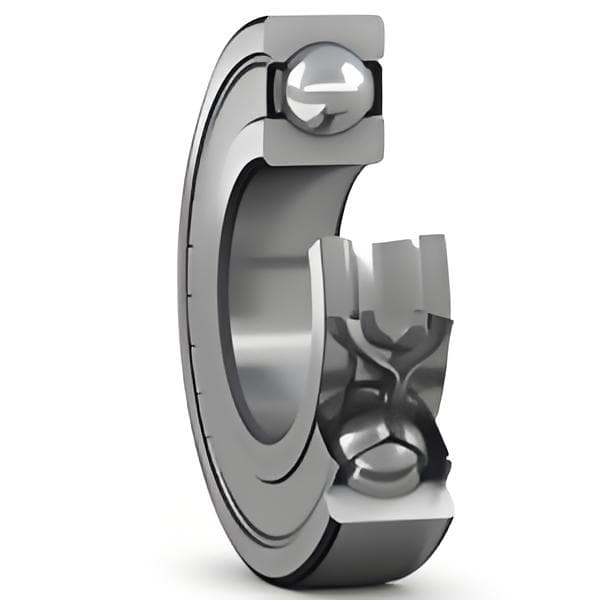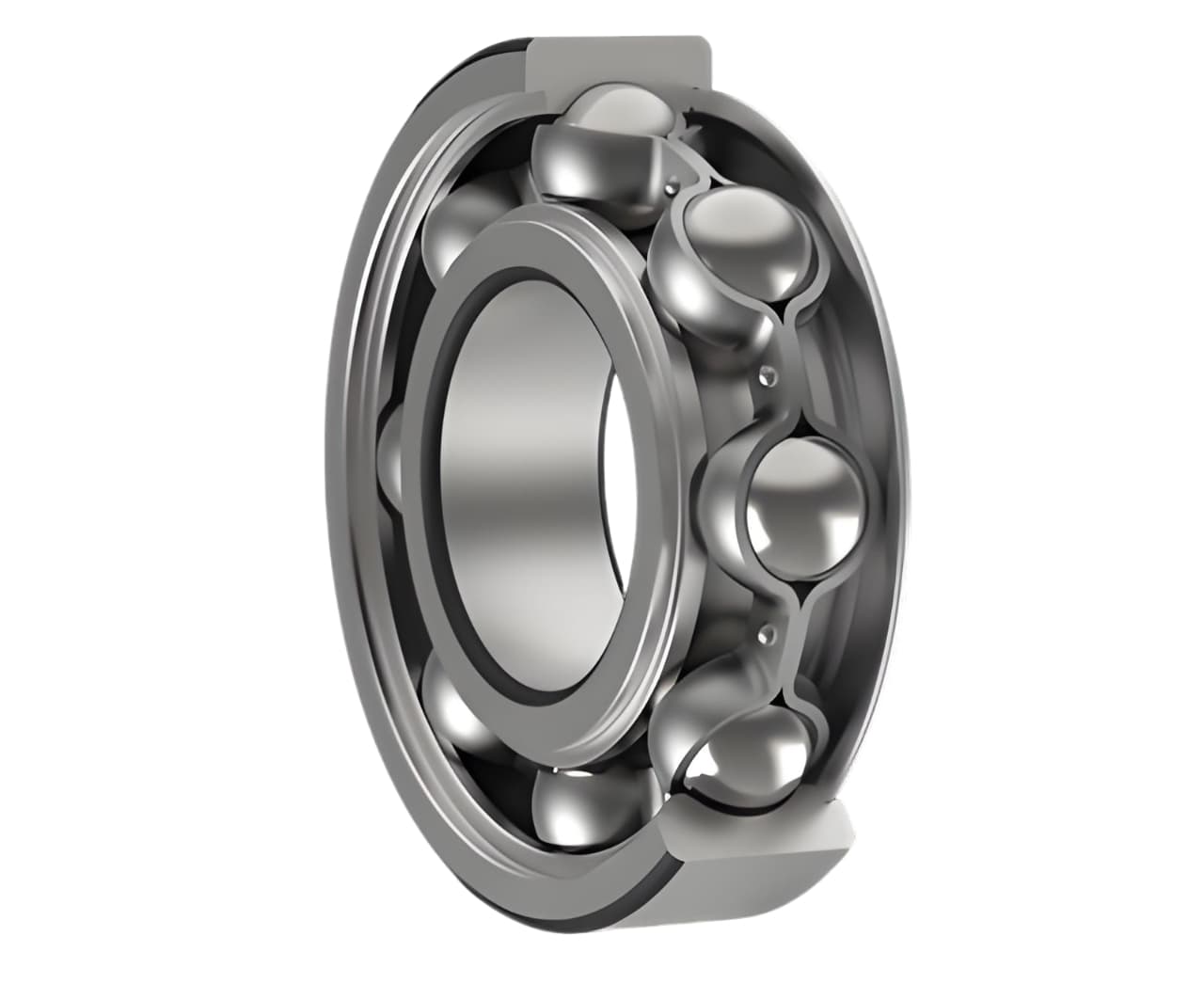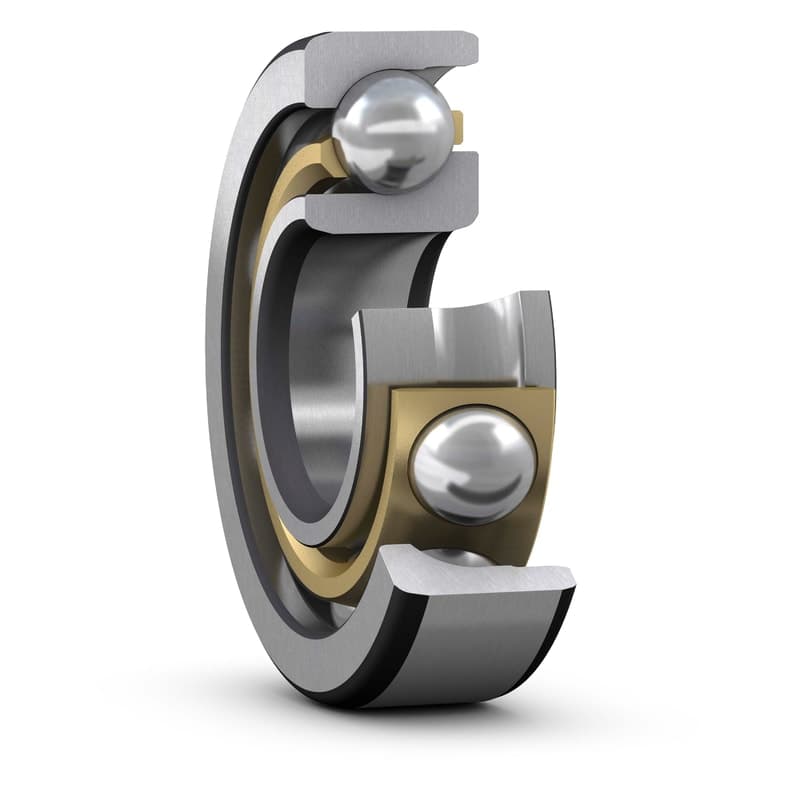Si3N4 Ceramic Bearings & Electric Vehicle Industry
For the sake of environmental protection, the electric vehicle industry has been growing rapidly in recent years. The electric vehicles in China...

Certifications are important for bearing manufacturers. They ensure products are safe and reliable. They build trust with customers and show the company follows industry standards.
Certifications improve production and reduce risks. They also demonstrate the company’s commitment to the environment and ethics. They also help the company compete and grow in global markets.
The purpose of the blog is to help readers learn about bearings, certifications, and lubrication. It is designed to assist them in making more informed decisions. The blog also helps readers understand industry standards.
Certifications are official approvals from trusted organizations. They show that a product, service, or process meets certain standards. These standards ensure safety and quality.
Internal Quality Standards are rules set by a company to ensure its products or services are of good quality. These rules are specific to the company and may be different from other businesses.
External certifications are official approvals from outside organizations, like ISO or ASTM. They show that a company meets global or industry standards.
ANSI helps create and manage standards in the United States. It makes sure products, services, and systems are safe and reliable.
ANSI works with businesses, government agencies, and other groups. It sets standards for industries like construction, electronics, and manufacturing. ANSI ensures consistency and promotes safety and efficiency across North America.
ASTM Standards are rules made by the American Society for Testing and Materials. They ensure the quality, safety, and performance of materials and products. ASTM covers testing methods, safety, and environmental impact. It also provides guidelines for manufacturing.
These standards help industries create reliable products that meet specific needs. ASTM ensures products work well in different conditions. It also promotes consistency across industries. They help products meet global expectations.
ISO 9001:2015 is a global standard for Quality Management Systems (QMS). It helps companies provide products and services that meet customer and legal requirements. The goal is to improve customer satisfaction. This is done by continually improving processes and using good management practices.
ISO 9001:2015 can be used by any organization, big or small. It covers all areas of quality management, like planning, leadership, and support. It also includes operations and performance checks.
The standard helps organizations set clear goals, manage risks, and improve over time. It focuses on making things better and more efficient.
The key requirements of ISO 9001:2015 are:
ISO 9001:2015 certification has brought multiple benefits to LILY Bearing:
Customer Satisfaction Outcomes:
AS9100 is an important quality standard for the aerospace industry. It is based on ISO 9001 but adds extra rules for aerospace companies. These rules help ensure that aerospace products and services are of high quality, safe, and perform well.
AS9100 builds on ISO 9001:2015 by adding special rules for the aerospace industry. Here’s how it’s different:
How AS9100 Certification Has Helped LILY Bearing in Aerospace:
Key ANSI/ABMA Standards Relevant to Bearings:
Ensuring compatibility and reliability in the regional market for bearings means following standards like ANSI/ABMA. These standards set rules for size, tolerance, and performance. This ensures bearings from different manufacturers can work together. It also ensures that they meet high-quality standards.
Quality control ensures the bearings are reliable in different uses. Local certifications confirm they meet regional rules. Adapting products to local needs, like weather or rules, helps improve compatibility. This makes sure bearings are safe, efficient, and fit well in local systems.
ASTM A295 – High-Strength Low-Alloy Steel Bearings:
This standard sets the rules for high-strength low-alloy (HSLA) steel used in bearings. It covers the material’s composition, strength, and testing methods. The goal is to make sure the steel is strong, durable, and can handle heavy-duty use in areas like cars and industrial machines.
A Certificate of Conformity (CoC) is a document that proves a product meets certain standards and rules. It shows that the product is safe, reliable, and works as expected. The CoC helps customers and authorities know that the product follows all the necessary quality and safety requirements.
A Certificate of Conformity (CoC) includes important details like product identification and standards met. It also provides manufacturing information. These details confirm the product meets safety and quality standards. They also show the product meets performance requirements.
Benefits for Customers:
Benefits for Manufacturers:
A Certificate of Compliance (CoC) is a document from a manufacturer or supplier. It confirms that a product or service meets required legal, safety, or quality standards. The CoC shows that the product follows all the necessary rules and requirements.
The main purpose of a CoC is to provide assurance to customers, regulatory bodies, and other stakeholders. It ensures that the product or service meets required specifications. It helps demonstrate that the product is safe, reliable, and fit for its intended use.
Key components of a Certificate of Compliance (CoC):
The terms Certificate of Conformity (CoC) and Certificate of Compliance are often used the same way. However, they can have slight differences depending on the situation.
Here’s a simple comparison:
Certificate of Conformity (CoC):
Certificate of Compliance:
Certificate of Conformity (CoC):
Certificate of Compliance:
STLE and ICML certifications teach professionals about lubrication and tribology. They explain how lubrication works and how to choose the right lubricants. They also teach how to keep machines in good condition.
These certifications help improve machine performance. They reduce wear and make equipment last longer. They focus on safety, efficiency, and sustainability.
By earning these certifications, professionals show they can manage lubrication systems well. This makes machines more reliable and reduces downtime.
Traceability is the ability to track a product's history, location, and movement during manufacturing. In bearing manufacturing, it means keeping records of the materials. It also includes the processes and tests a bearing goes through. This starts from raw materials and continues to the finished product.
Traceability ensures quality by tracking every step of production. It helps find problems quickly, whether from materials or production. This prevents bad products from reaching customers and allows fast fixes. It also keeps a record of who did each task, ensuring accountability and compliance.
Supply chain visibility means seeing every step of production. This includes everything from raw materials to the final product. It helps manufacturers track materials and check progress. It also ensures quality standards are met.
This transparency helps avoid delays. It improves efficiency and fixes problems quickly for a smoother supply chain.
Improved quality control means being able to quickly spot and fix any quality issues. With better tracking and monitoring, manufacturers can find problems early in the production process. This helps ensure that only high-quality products reach customers and reduces the chance of defects or recalls.
Reduced risk means lowering the chance of defective products reaching customers. With traceability and better quality control, manufacturers can catch issues early and fix them before products are shipped. This helps prevent costly recalls and protects the brand’s reputation.
Methods and Technologies for Traceability:
Certifications help make sure products meet quality and safety standards.They require tracking each step of production. This includes everything from raw materials to the final product. Certifications also ensure traceability systems are working well. This builds trust with customers and regulators.
LILY Bearing uses Certificates of Conformity (CoC) to track their products. Each bearing is monitored from raw materials to final production. The CoC shows that the product meets all quality and safety standards.
By providing these certificates, LILY Bearing gives customers proof of the product's compliance. This helps ensure reliability, builds trust, and keeps the production process accountable.
Certifications and traceability ensure your products meet quality, safety, and regulatory standards. They help track each step of production. This makes the process more accountable and reliable.
Earning certifications sets your business apart in the market, showing your commitment to quality. It builds trust with customers and can open doors to new opportunities.
Getting the right certifications improves product quality, compliance, and your reputation. Use available resources to help with the certification process and grow your business.

For the sake of environmental protection, the electric vehicle industry has been growing rapidly in recent years. The electric vehicles in China...

Low temperature bearings, also known as cryogenic bearings, are designed to operate in extreme low temperature environments ranging from minus 40...

Introduction of MAHLE GmbH MAHLE GmbH, headquartered in Stuttgart, Germany, is a globally renowned automotive parts manufacturer. Established in...